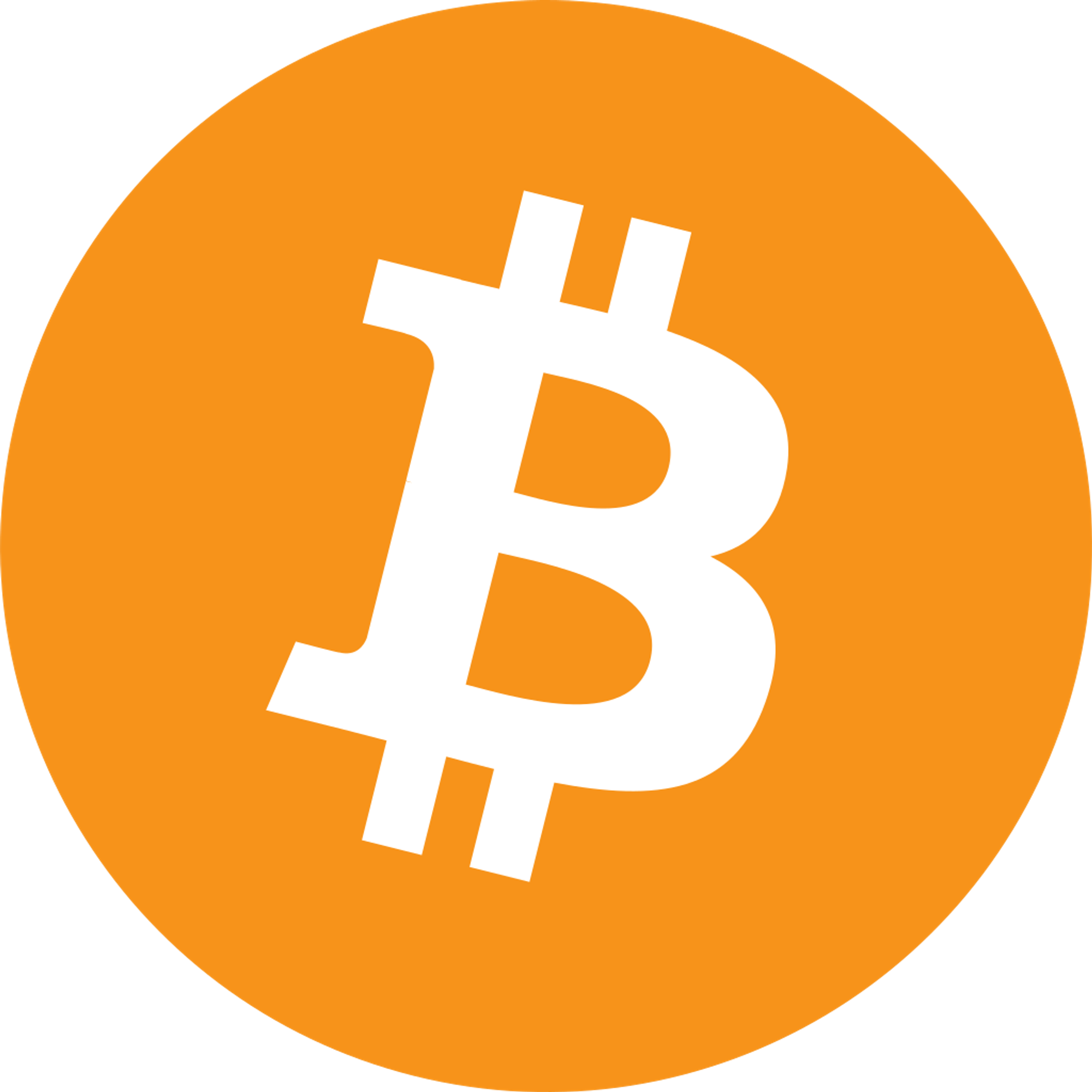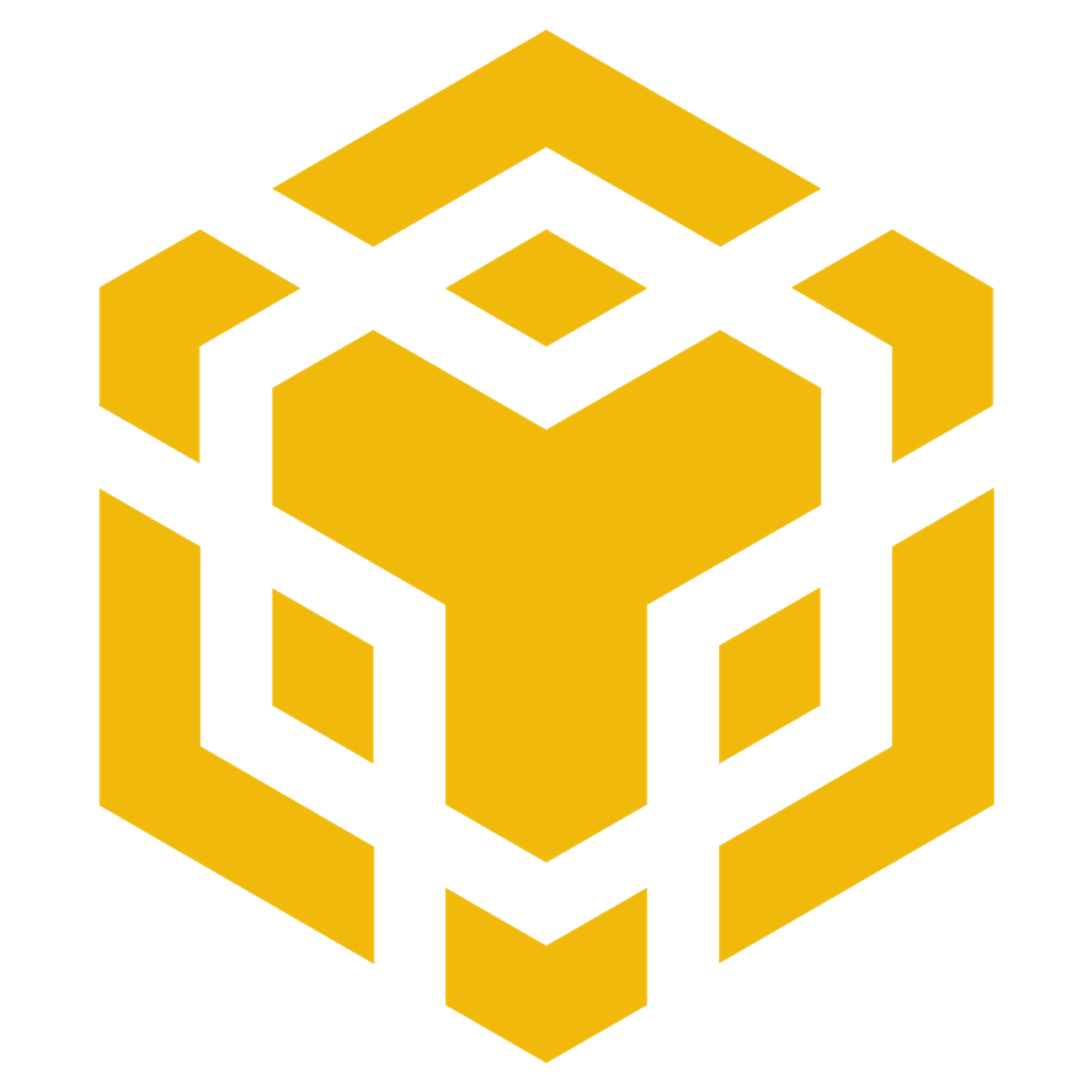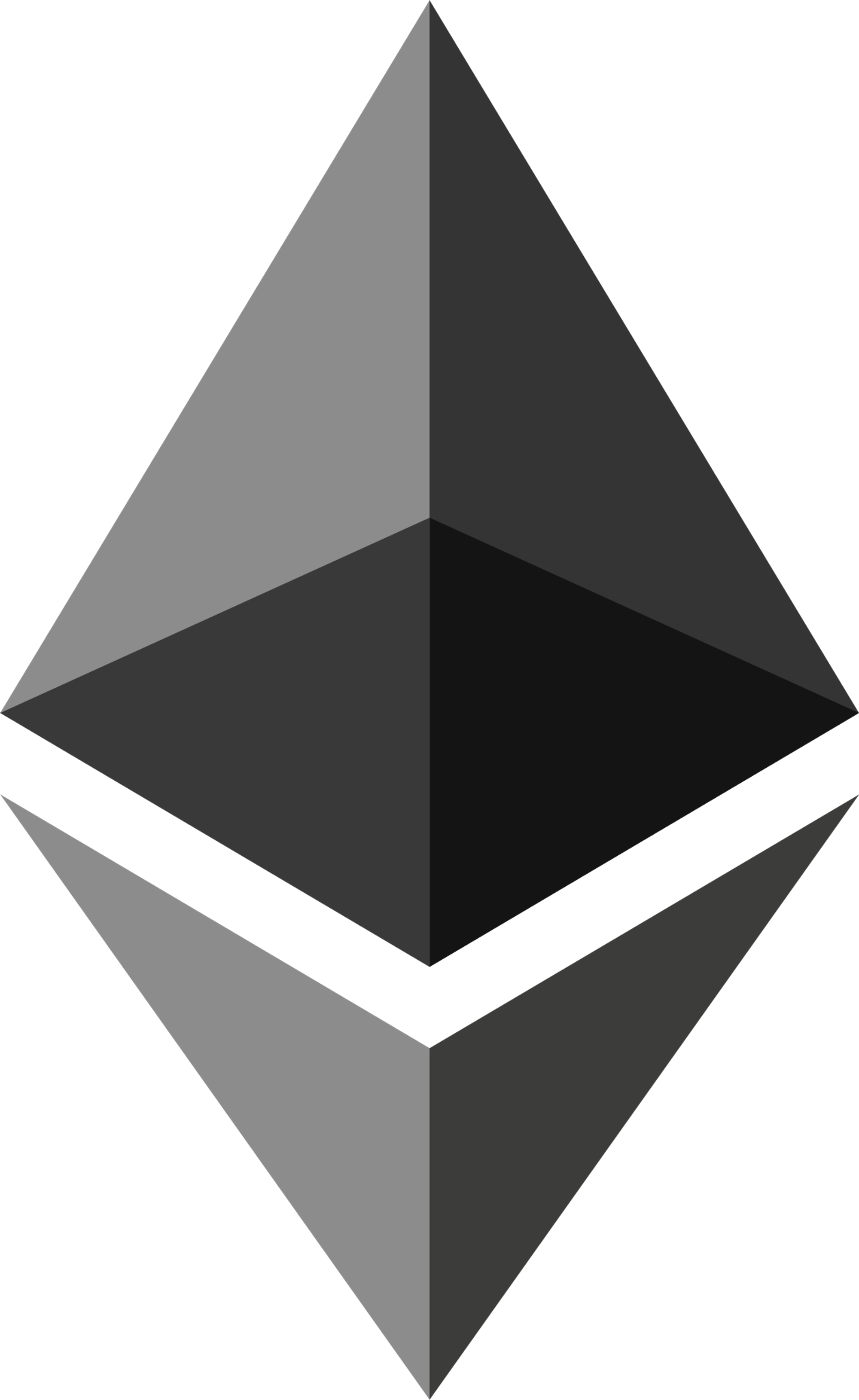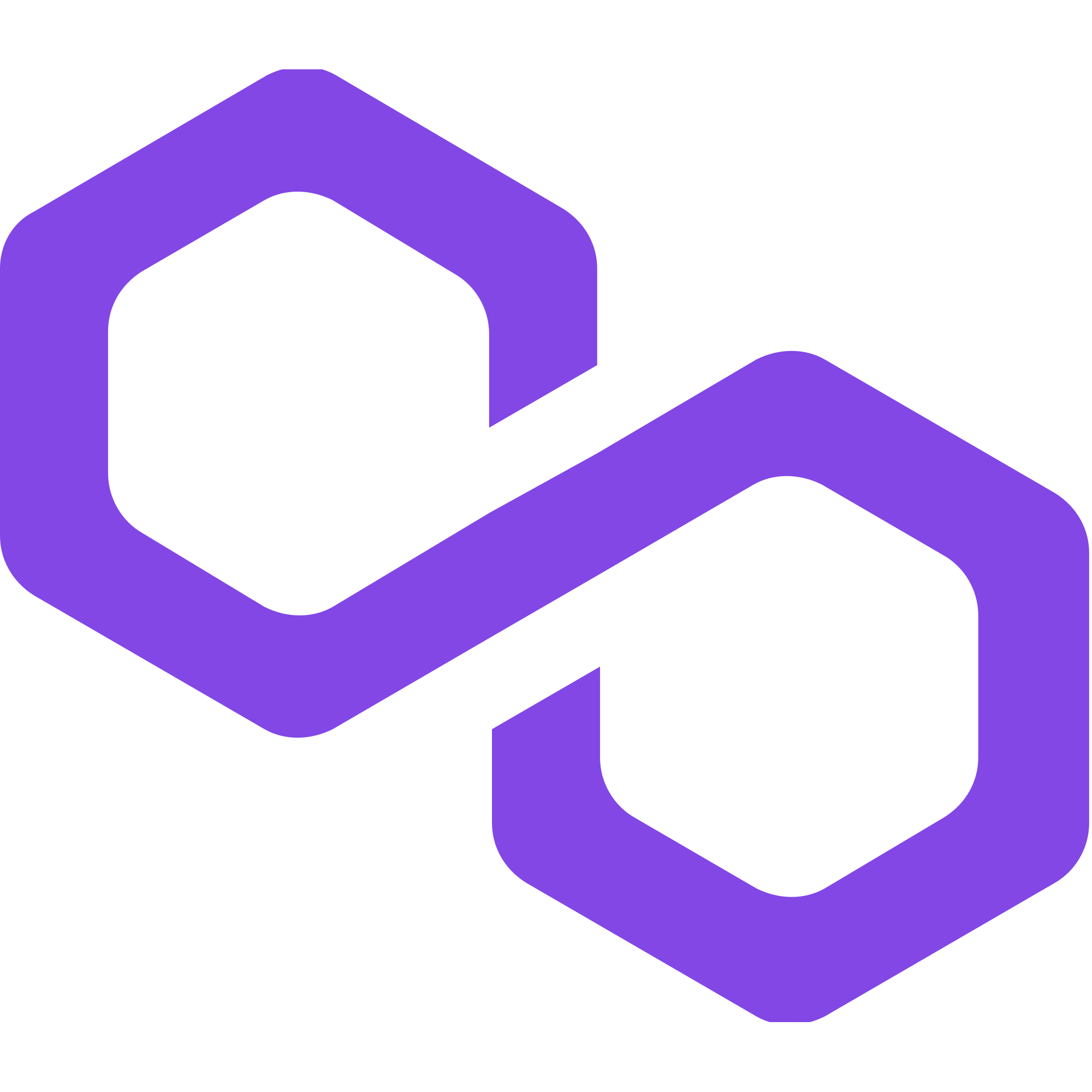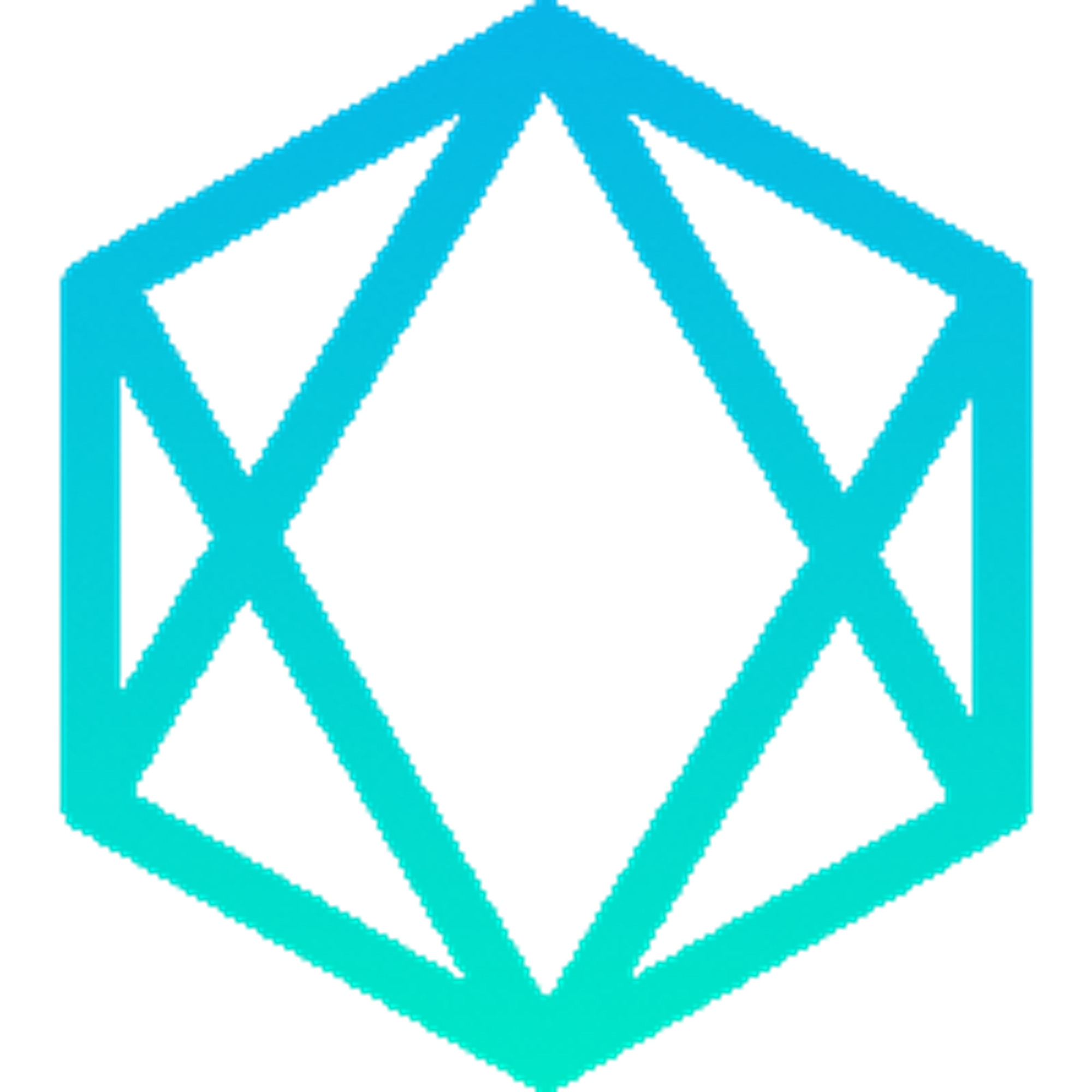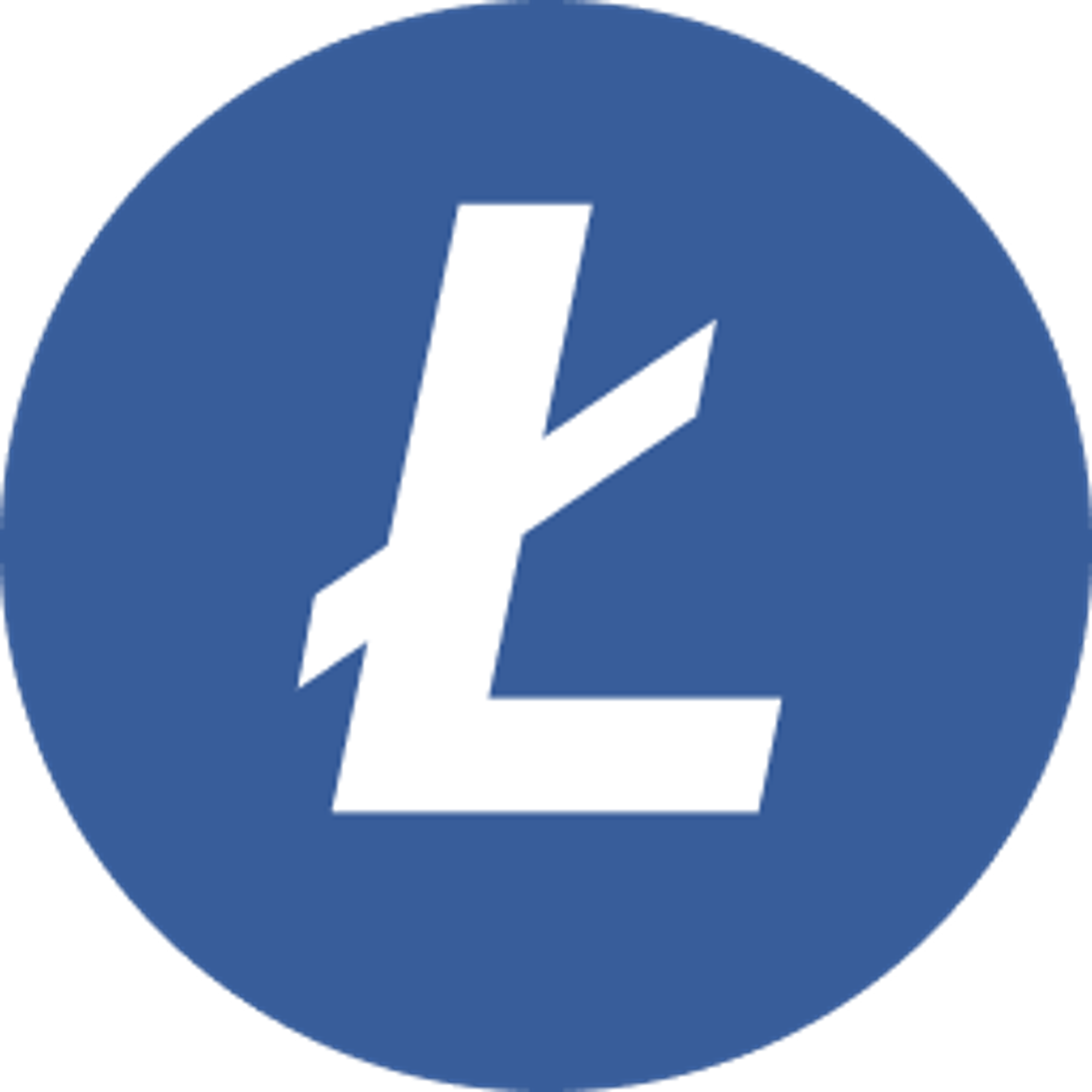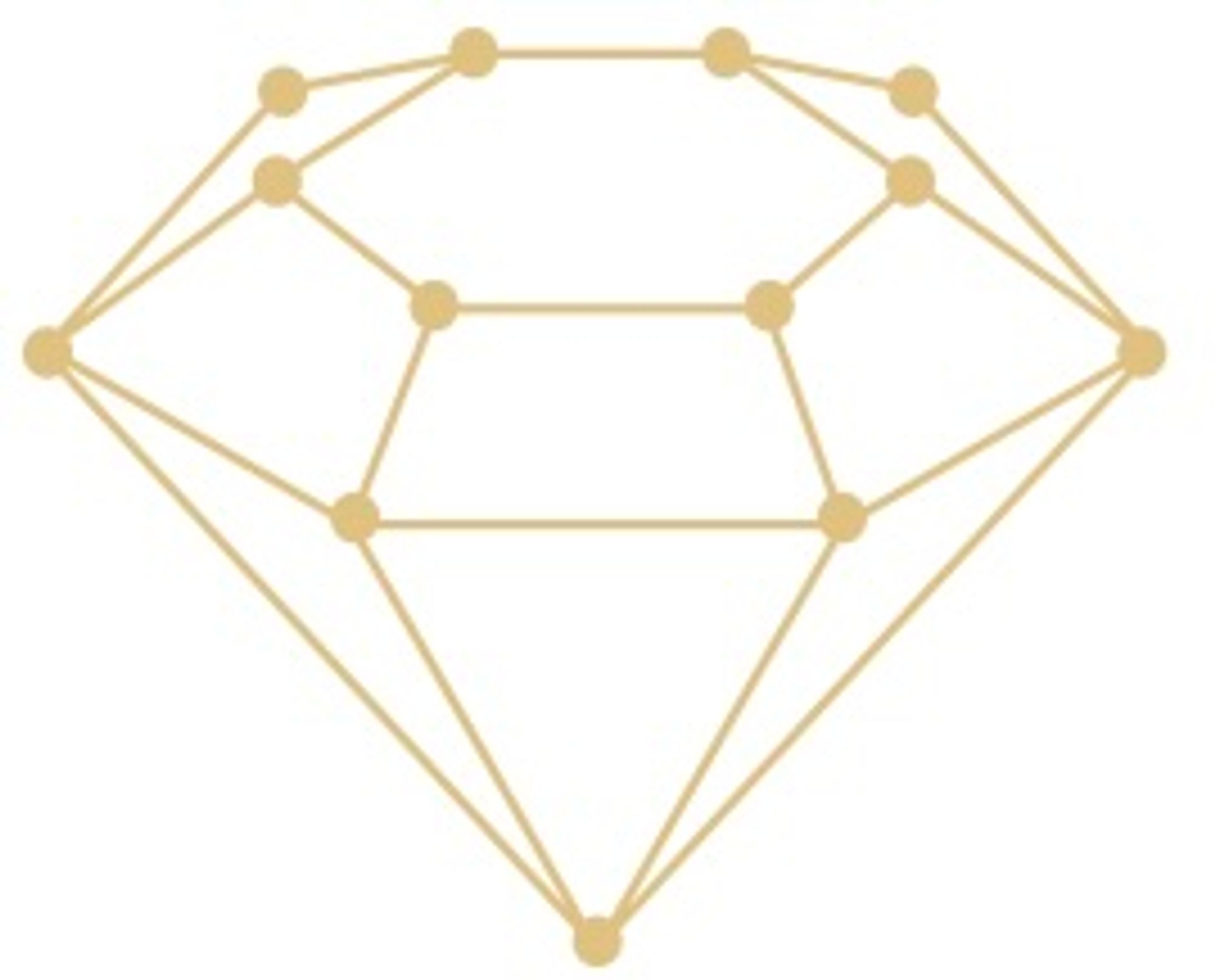The value proposition of the pNetwork protocol is to create a seamless multi-chain world for dApps and crypto enthusiasts. pNetwork is focused on creating connections across blockchains, sidechains and L2 networks with a unique user-friendly process.
Since 2020, pNetwork has continuously evolved with pNetwork v1/v2 having processed more than $1 Billion volume in cross-chain transactions!
pNetwork powers connections among 15 blockchain environments, including major networks such as Bitcoin, Ethereum, Algorand, BNB chain, Polygon, Arbitrum and several EOS-like chains.
Thanks to the large variety of networks supported, pNetwork is established on a large number of ecosystems and has built relationships with several projects in each of these environments.
You can see the full list of pTokens here.
How it works
Thanks to its flexible design, pNetwork serves a variety of verticals including the DeFi ecosystem, the NFT space and the on-chain gaming industry.
Currently, pNetwork’s main target market is the DeFi ecosystem that is being tackled via its pTokens feature.
pTokens bridge
pTokens are “wrapped” tokens designed to maintain a 1-to-1 peg in between the native blockchain and the host blockchain (e.g. Bitcoins wrapped to operate on the Ethereum blockchain).
The protocol enables cross-chain connections both for mainstream assets and smaller tokens.
Focusing on the mainstream assets $BTC and Stablecoins, specific new features have been recently released to enhance the experience while bridging them across blockchains. These include:
- native-to-native cross-chain swaps for Stablecoins that are natively available on multiple blockchains
- pTokens-to-pTokens bridge for $BTC to enable the direct movement of the wrapped asset from a host blockchain to another host blockchain

